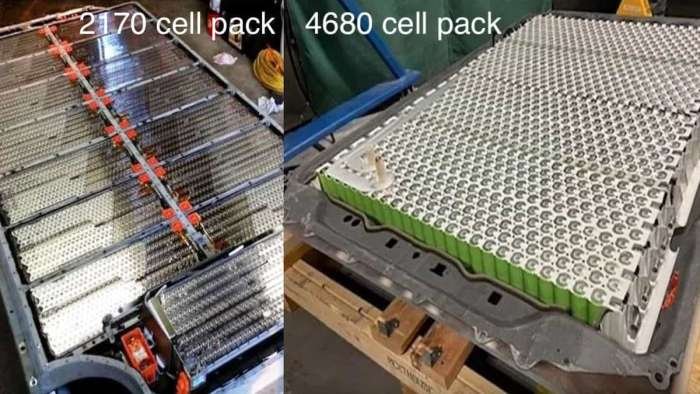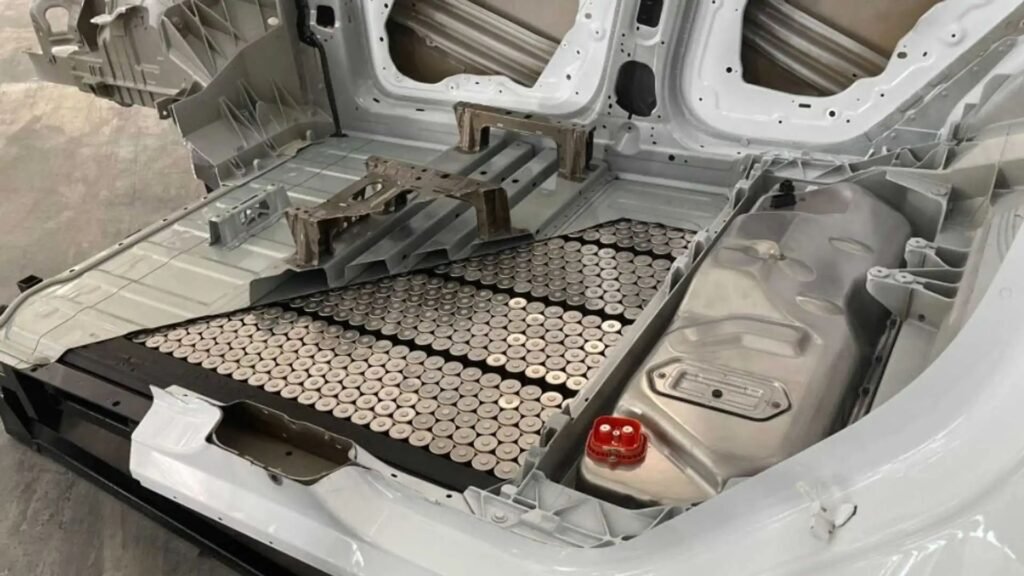Tesla purchased Maxwell Technologies, a business that specialized in sophisticated ultracapacitors, three years ago. But Tesla purchased the firm for their dry cathode capability, which was required to manufacture the 4680 battery cell design.

This method enables Tesla to forego the more difficult and expensive wet-coating process used in standard battery cells such as the 2170 cells it has been utilizing for years. This procedure is costly since it needs a significant quantity of power, machinery, manufacturing space, time, and a big number of personnel.
In the new method electrodes are covered with various binders that utilize substantially less liquid plus as they do not need to be dried, the entire process is less expensive, quicker, and more environmentally friendly.

Furthermore, because to its simplicity, the method allows Tesla to decrease capital investment by a third and reduce manufacturing footprint and energy usage to just 10% of what is required for the wet process.
However, when Tesla attempted to mass-produce 4680 cells in large quantities, the firm received far too many rejections, resulting in such poor production yields that all of the promised cost reductions from the new method have yet to materialize – thus far.

If all of the anticipated benefits of dry coating and larger cells are achieved, the production cost for the Model Y’s 4680 battery pack should be $5,000 — nearly half the cost of the 2170 pack. Unfortunately, Tesla is only halfway to meeting its future production targets by producing bigger battery cells in sufficient quantities.
Reference- Inside EVs, Reuters, Clean Technica, Electrek, Popular Mechanics






